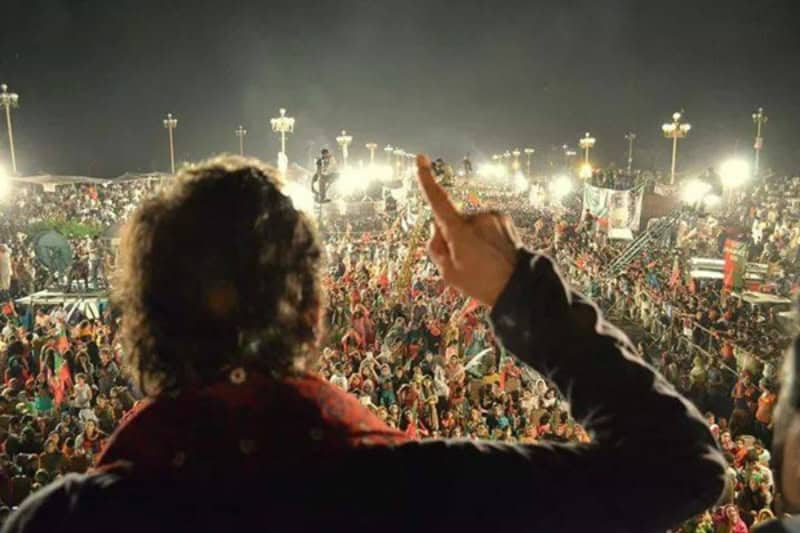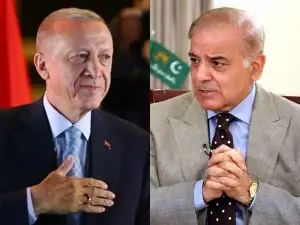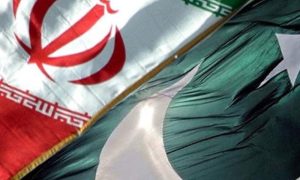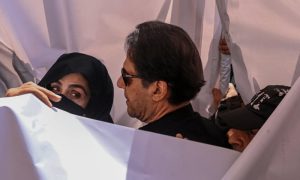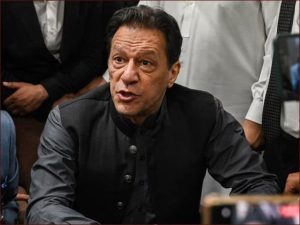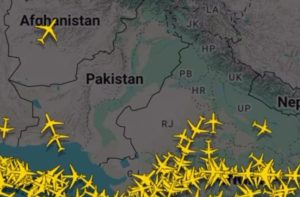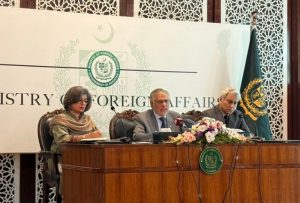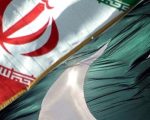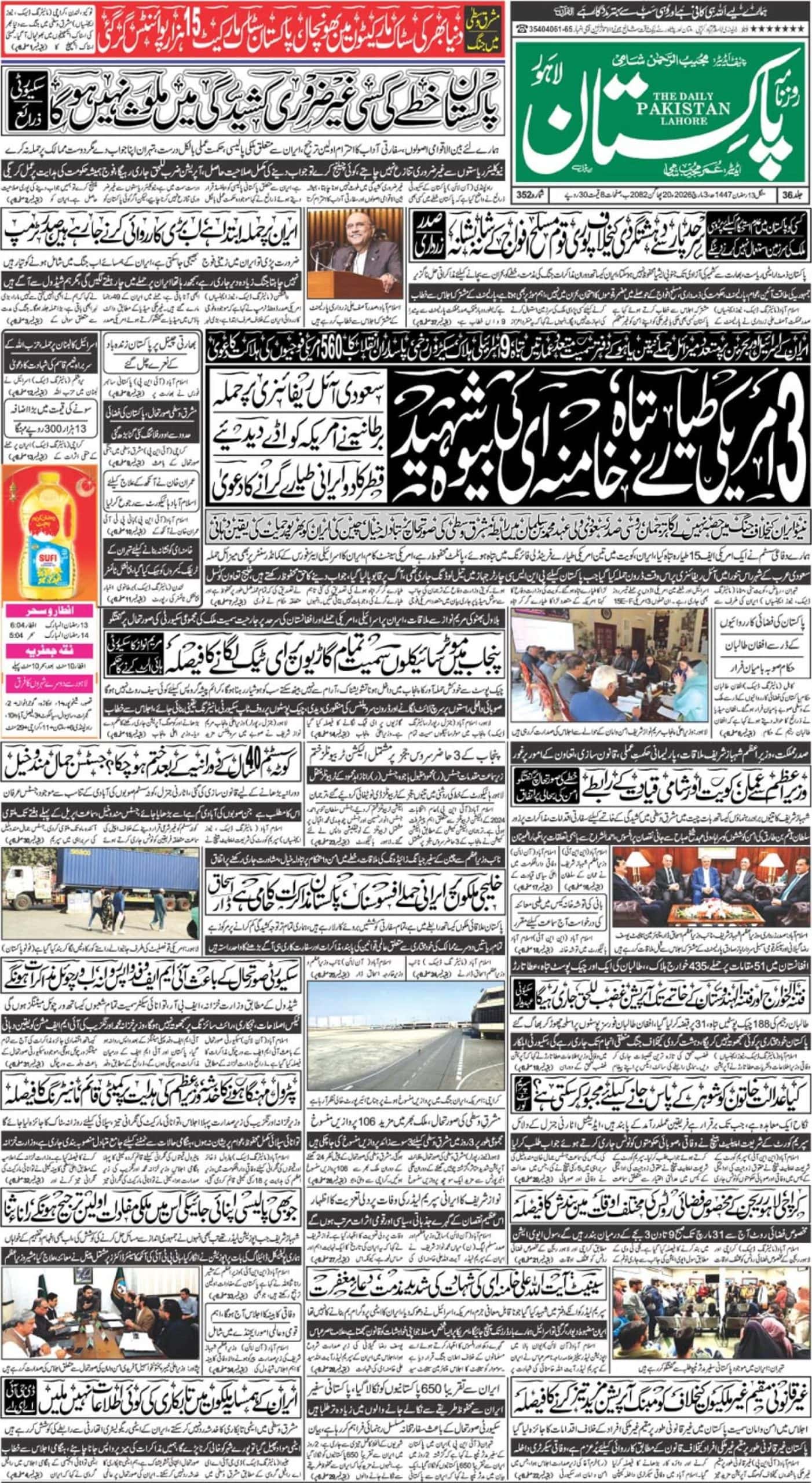ISLAMABAD (Staff Report) – Pakistan Tehreek-e Insaf (PTI) and Pakistan Awami Tehreek (PAT) are likely to hold a meeting this month to thrash out a joint strategy in the evolving political situation of the country.
A meeting is expected between PTI chairman Imran Khan and PAT chief Tahirul Qadri, sources said.
Dr Qadri is returning to Pakistan on December 22. Soon after his arrival, the PAT chief will contact like-minded politicians to work out a plan for a joint alliance, sources added.
Chaudhry Shujaat Hussain, Pervez Ilahi, Sheikh Rashid, Hamid Raza and others will also be contacted by Dr Qadri to discuss the future strategy.
In 2015, both the parties had staged marathon sit-ins in Islamabad with thousands of people joining from all over the country.
PTI’s Azadi March, also called Tsunami march, was the public protest march that began on 14 August 2014 to 17 December 2014. Organised by the Pakistan Tehreek-e-Insaf against Prime Minister Nawaz Sharif, over the claims of systematic rigging by PML-N in the 2013 general election.
Tahir-ul-Qadri’s political party Pakistan Awami Tehreek (PAT) also staged a similar protest march – “Inqilab march”.
Dr Qadri initially refused to join in with Khan’s protest, but later on he pledged his support to the PTI’s claims after reaching the capital city.
At D-Chowk, the protests took violent streak and Imran Khan along with Tahirul Qadri marched towards the Parliament House and local news channel offices during late hours of 30 August 2014.
Police used full force including cannon fires, batton-charging and rubber bullets to rein in the protestors. Media workers including reporters and cameramen also received injured during the police action.
Violent clashes erupted in other cities after Islamabad showdown, with as many as 13 protesters dead at the hands of the police, and several policemen injured.
The army issued a statement, which called for restraints from the police force, three senior policemen and one senior policewoman resigned from the Islamabad and Punjab police, alleging police brutality.
On December 18, Imran Khan called off the longest-ever sit-in in Pakistan, stressing the need for unity in the wake of the Peshawar school massacre and urging the government to ‘reciprocate’.
“Pakistan cannot afford [our] opposition in these testing times… we have to end our sit-in,” Imran said in his last address after offering funeral prayers in absentia for the victims of the dastardly terrorist attack at the Army Public School and College.
Addressing his supporters, Imran said the ongoing political crisis in the country would end if the prime minister announced a judicial commission to probe the alleged rigging in last year’s general elections and punish those found guilty.
This year in August, the federal government released details of the losses it claims Pakistan suffered due to the Pakistan Tehrik-i-Insaf (PTI) and Pakistan Awami Tehrik (PAT) demonstrations.
The detailed information gathered from various sectors under the guidance of Finance Minister Senator Ishaq Dar claimed that the country was deprived of billions of rupees thanks to the political unrest caused by the two protesting parties.
In Senator Dar’s words, the extended sit-ins staged by the PTI and PAT cost the government implicit and explicit losses.
The list of losses included expenses incurred by the government: the supplementary grants amounting to Rs760.5 million for security arrangements in the capital during the protests; effect on the national currency, while the two parties were on the roads against the government; delayed inflows of $ 2.4 billion to national exchequer; surge in the external public debt, Rs228 billion; postponement of the high profile visit of the Chinese president.

